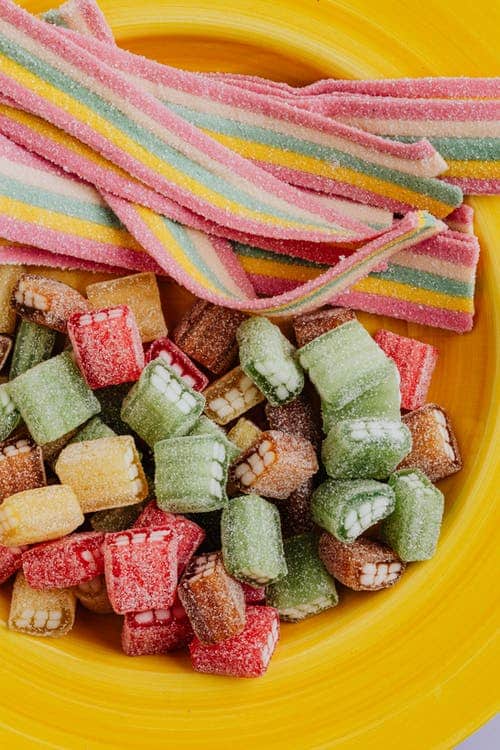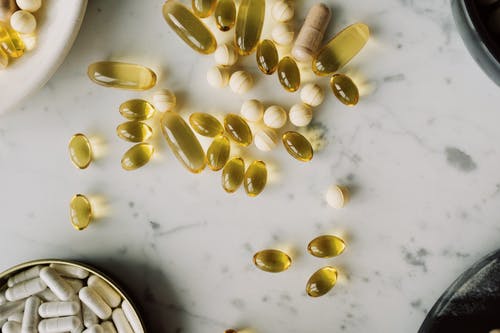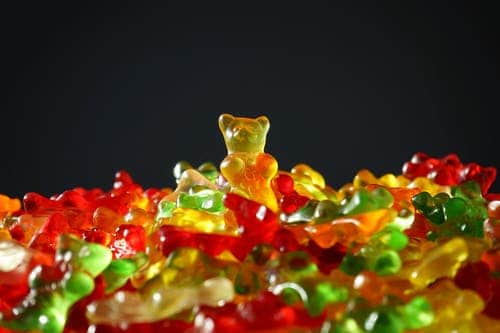Is gelatine halal?

Many people wonder if gelatine is halal. It is not only present in many sweets and deserts but also in medicines, including the nasal flu vaccine.
The ‘no’ camp
There is a difference of opinion among scholars.
Imams Shafi’, Maliki and Hanbali held that once something is impure then it is always impure.
The ‘yes’ camp
The Hanafi school of thought says that if the state of a substance has changed, then the impure becomes pure.
An example of where an impure substance becomes pure is vinegar which is derived from fermented alcohol but becomes permissible as it undergoes a process of change.
The Fiqh principle of change
The Arabic term for transformation is Istihaala.
Istihalah, from the Fiqh point of view, is defined as changing the nature of a substance so that it is completely transformed physically and chemically.
Who is in the Yes camp?
According to the Islamic Organization for Medical Science gelatine undergoes a complete transformation and is different from the substance from which it was derived.
Istihala is the Hanafi mainstream opinion and Ibn Taymiyah and Ibn Al Qayyim held this opinion.
Its chemical properties differ from the original substance from which it was extracted. The structure of the molecules is different.
This means that according to the Hanafi opinion, gelatine is halal, regardless of whether it was derived from animals that are considered halal or haram, including pigs, and animals not slaughtered by halal methods.
Based on the Hanafi opinion, foods and medication containing gelatine, even porcine gelatine are permissible.
And it is permissible to take the nasal flu vaccine and other medication which contain gelatine.

The science
Istihalah, from the Fiqh point of view, is defined as changing the nature of a substance so that it is completely transformed physically and chemically. Through this process, an impure or haram substance becomes permissible. The transformation should result in a change of the physical properties of the substance such as taste, colour or texture and be irreversible.
According to the Islamic Organization for Medical Science gelatine undergoes a complete transformation and is different from the substance from which it was derived.
Its chemical properties differ from the original substance from which it was extracted. Gelatine is derived from collagen, a tissue protein of animal origin, through the process of hydrolysis, a chemical reaction that breaks the collagen molecule down to create a sticky gel. It is not ordinarily possible to re-synthesise collagen once it has been transformed to gelatine. The structure of the molecules is different. [i]
Fatwas around gelatine:
- Some scholars (particularly within the Hanafi and Maliki schools, and many modern scholars including the European Council for Fatwa and Research) accept that gelatine undergoes istihālah and is therefore halal even if sourced from pork or non-zabihah animals.
- Other scholars (especially in the Shafi’i and Hanbali schools, and bodies like the Permanent Committee in Saudi Arabia) argue that gelatine is not a complete transformation and therefore remains haram if sourced from pork or non-zabiha animals.
Based on the Hanafi opinion, foods and medication containing gelatine, even porcine gelatine are permissible.
The paper used by the Fatwa Council (in Arabic)
Conclusion
There is a difference of opinion among scholars on this issue, but both sides have valid opinions so it comes down to personal choice. Just as there is a school of thought which says eating the meat of the people of the book is halal, but many believers may prefer not to eat it. However if other Muslims do eat it we have to respect their choice and tolerate differences.

